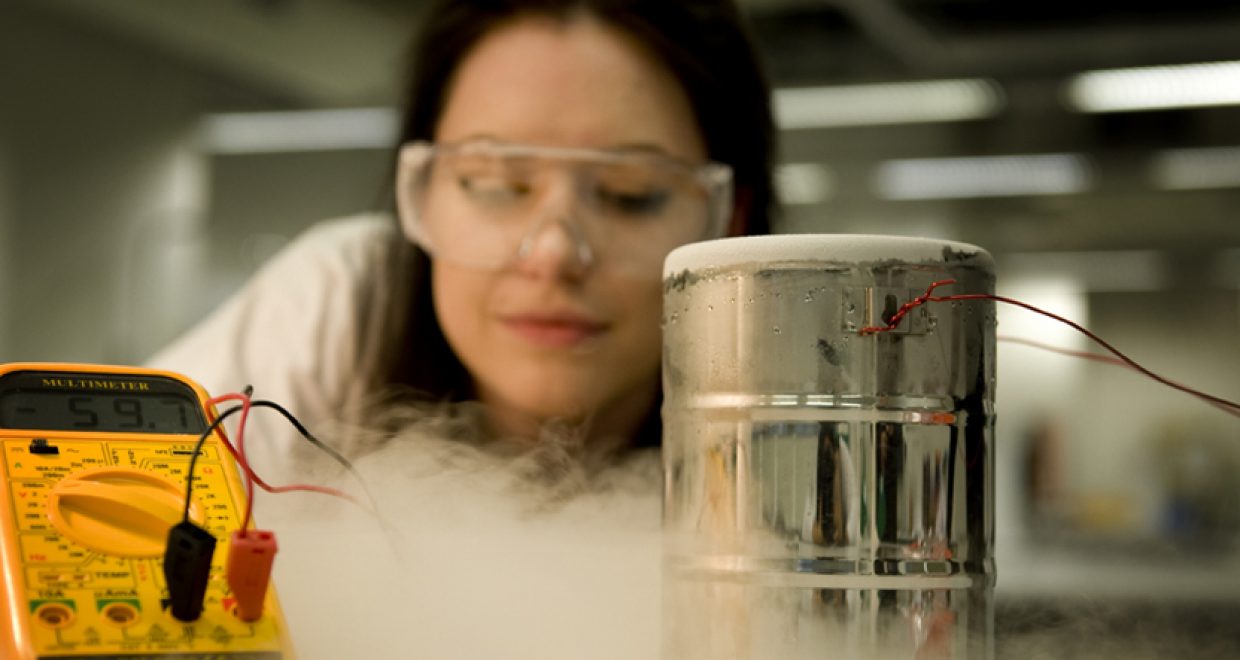Why experiments matter
“The test of all knowledge in experiment. Experiment is the sole judge of scientific ‘truth’” – R P Feynman,[1]
This remark by Richard Feynman, famous physicist and Nobel Prize winner, suggests that there is little more important for students aspiring to careers in science than to become deeply engaged in ‘experimental’ activities. In addition to judging scientific ‘truth’, experiments undertaken in an undergraduate laboratory, especially if devised by students themselves, hold the promise of authentic experiences true to the processes and practices cherished by scientists (and engineers).
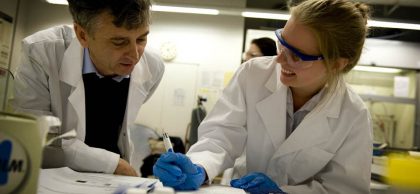
It should be admitted that what students routinely do in an undergraduate science or engineering laboratory to fulfill their degree requirements is rarely authentic or likely to fuel a thirst for knowledge. Indeed, the experiments that students first encounter at college or university can be real passion-killers, consisting of time-worn experiments, supplied with detailed and prescriptive instructions leading to predictable and uninspiring outcomes. When students become truly active in their pursuit of learning (and not merely diligent operatives following a sheet of instructions) they become immersed in processes and practices core to science and engineering.
Carl Wieman (another physics Nobel Prize winner) is a steadfast advocate of active learning and remarked “…active learning leads to better student learning than lecturing in almost every scenario.” [2]Wieman generally focuses on those activities in a lecture theatre or equivalent that replace passive lectures, and which foster student engagement throughout the lecture period.[3] . There is evidence that Wieman’s statement applies equally to experimental work, which when prescriptive is largely passive or ‘inactive’, failing to motivate, engage or promote student learning[4]. By carefully transferring the responsibility for an experiment and its outcomes to students, attitudinal changes occur within students. Particularly, when students engage in the processes of inquiry familiar to scientists and engineers, new perspectives emerge on how science and engineering progress.
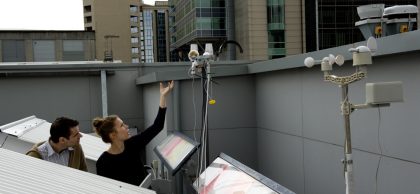
What are the positive outcomes for students of engaging in the processes of inquiry[5]? Inquiry means different things to different people, but many would agree that (in a science or engineering context) students should engage with questions that have no predetermined answer, develop and refine experiments to address those questions, gather, faithfully record and analyse evidence from their experiments then communicate scientifically and technically valid explanations and conclusions based on that evidence. As such, engaging in inquiry has the potential to enhance students problem-solving skills, stimulate and foster their creativity and allow their communication skills to flourish. Additionally, basic principles encountered in lectures or online are reinforced through the application of those principles in contexts rendered meaningful to students through the answering of questions that they themselves have asked.
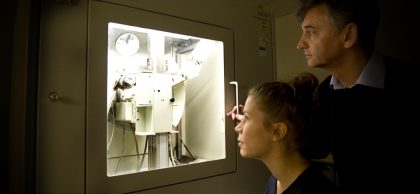
To be successful experimenters there are skills, techniques and tools which students should master whether or not the experiments they carry out are of the inquiry-type or of the more conventional prescriptive-type. Specifically, to engage productively in experimental work, students need access to easy to use resources that will guide and support them, as well as nurture self-confidence as they devise, carry out, and communicate their experiments. Experimental Methods for Science and Engineering Students[6] seeks to assist students in their experimental work, especially in the early years of study in a college or university course in science or engineering comprising laboratory (or field-based) work. Documenting work done during an experiment, appreciating the power of pictorial representations of data, identifying and quantifying measurement uncertainty, and using tools such as Excel to analyse data are some of the features of the book. Several topics in the book such as reporting findings of experiments are of relevance to experiments and project work up to senior stages of an undergraduate degree. The book recognises technological advances that have occurred in recent years with respect to carrying out experiments (for example, using smart phones to gather data) and the increased emphasis on reporting findings using various modes of communication.
I am confident students’ time carrying out experiments, supported by Experimental Methods for Science and Engineering Students, will heighten their awareness of the power, utility and transferability of the abilities they acquire through devising, doing and communicating experiments and be of enduring value irrespective of their career destinations.
Watch: Where do students learn how to create an experiment? – Les Kirkup
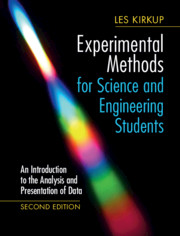
An Introduction to the Analysis and Presentation of Data
2nd Edition
AUTHOR: Les Kirkup
PUBLISHED: August 2019
[1] Feynman, R. P., Leighton, R. B. and Sands, M. (1963) The Feynman Lectures on Physics Volume 1. MA: Addison Wesley Reading, p1-1
[2] See Times Higher Education Supplement July 12 (2018)
[3] These activities include Peer Instruction which is an interactive teaching method pioneered by Eric Mazur. see Mazur E (1996) Peer Instruction: A User Manual Harlow, UK: Pearson
[4] Casotti, G., Rieser-Danner, L., & Knabb, M. T. (2008). Successful implementation of inquiry-based physiology laboratories in undergraduate major and non-major courses Adv Physiol Educ 32:286-296.
[5] Kirkup L (2016) Changing practice towards inquiry-oriented learning in Transforming Institutions: Undergraduate STEM Education for the 21st Century. Published by Purdue University Press (eds Weaver G, Burgess W, Childress and Slakey L) pages 208 to 219.
[6] Kirkup, L (2019) Experimental Methods for Science and Engineering Students 2nd Edition: An Introduction to the Analysis and Presentation of Data Cambridge: Cambridge University Press
